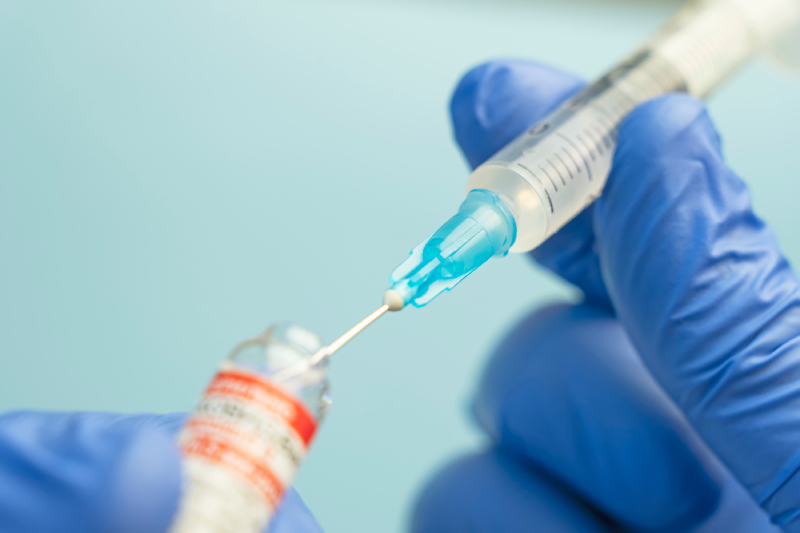
This represents the first time that BNT116, an investigational mRNA cancer immunotherapy for non-small cell lung cancer (NSCLC) made by BioNTech, will be studied in a clinical trial for lung cancer in the UK, officials said. Around 130 participants will be enrolled in the study across 34 research sites in 7 countries, with 6 UK sites selected. The primary objective of the clinical trial is to determine if BNT116 is safe and well tolerated.
The first participant to receive the vaccine in the trial, Janusz Racz, 67, from London, shared his experience and hopes surrounding the vaccine.
“…Dr. Sarah (Benafif) explained how the vaccine should work and how it was different to the treatment I had recently completed. The hope was that it would stop the cancer coming back,” Racz said in the announcement. “I thought it over, and… decided to take part because I hope it will provide a defence against cancer cells. But I also thought that my participation in this research could help other people in future and help this therapy become more widely available.”
He reflected on how the vaccine trial could move science and medicine forward and how he made the decision to participate.
“As a scientist myself, I know that science can only advance if people agree to participate in programmes like this,” Mr. Racz said in the announcement. “I work in artificial intelligence, and I am open to trying new things. My family did research about the trial too, and they supported me taking part.”
The trial, which will enroll patients at different stages of NSCLC, from early-stage NSCLC before surgery or radiotherapy (Stage II and III) to late-stage disease (Stage IV) or recurrent cancer, aims to “establish the safety profile and a safe dose of BNT116 monotherapy, as well as of BNT116 in combination with established treatments for NSCLC to see if BNT116 has a synergistic anti-tumour effect when given with these established chemotherapy or immunotherapy treatments,” officials said.
UCLH consultant medical oncologist Dr. Sarah Benafif is leading the delivery of the study at UCLH. She explained the rationale behind the vaccine and how the targeted immunotherapy approach may have a unique benefit.
“The strength of the approach we are taking is that the treatment is aimed at being highly targeted towards cancer cells,” Dr. Benafif said in the announcement. “In this way we hope that in time we are able to show that the treatment is effective against lung cancer whilst leaving other tissues untouched.”
UCLH consultant medical oncologist Siow Ming Lee, who leads the national study, also weighed in on the importance of the clinical trial of the lung cancer vaccine and emphasized that “lung cancer remains the leading cause of cancer deaths worldwide, with an estimated 1.8 million deaths in 2020.”
“We are now entering this very exciting new era of mRNA-based immunotherapy clinical trials to investigate the treatment of lung cancer, thanks to the foundation laid by the Office for Life Sciences, within the Department for Science, Innovation and Technology and the Department for Health and Social Care,” Dr. Lee said in the announcement. “We hope this will provide an opportunity to further improve outcomes for our NSCLC patients, whether in the early or advanced stages.”
UCLH officials said in the announcement that patients who are interested in taking part in the trial should be directed to their general practitioner or oncologist in the first instance and their doctor “can refer them to the trial centres conducting the study in order to assess suitability.” However, officials noted that this is “early-stage research which will only recruit 20 patients across the UK so the drug will not be widely available.”
Source: UCLH







 © 2025 Mashup Media, LLC, a Formedics Property. All Rights Reserved.
© 2025 Mashup Media, LLC, a Formedics Property. All Rights Reserved.